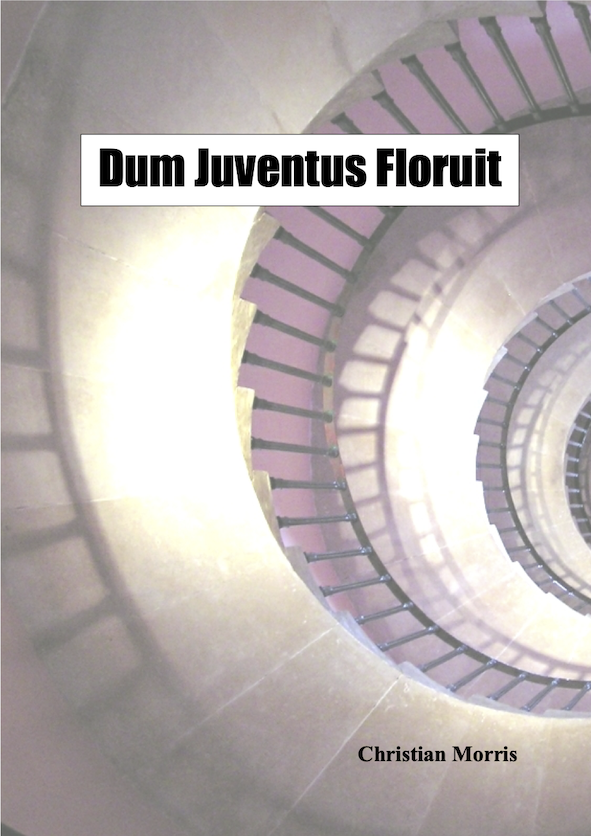
Dum Juventus Floruit pits a single flautist placed in the centre of a performing space against the forces of a choir, who are ranged around the outside. The Latin text Dum Juventus Floruit is twelfth century by Peter de Blois and speaks of the liberty of youth and the constraints of maturity. It is overlaid with a heavily fragmented, highly symbolic English text by the composer.
Main text
Dum juventus floruit,
Licuit et libuit
Facere, quod placuit,
Juxta voluntatem
Currere, peragere
Carnis voluptatem
When youth was in its flower it was lawful and desirable to do what we liked, to run according to our will, to satisfy the desire of the flesh.
Amodo sic agree,
Vivere tam libere,
Talem vitam ducere
Viri vetat aetas:
Perimit et eximit
Leges assuetas.
But mature age now forbids us to act thus, to live so unrestrainedly, to lead such a life. It extinguishes and banishes the customary laws.
Aetas illa monuit,
Docuit, consuluit,
Sic et aetas annuit:
‘Nihil est exclusum.’
Omnia cum venia
Contulit ad usum
Youth warned, taught, admonished, and also laid down that nothing is forbidden. It granted all things for our use, and pardoned them.
Volo resipiscere,
Linquere, corrigere
Quod commisi temere;
Deinceps intendam
Seriis, pro vitiis
Virtutes rependam.
I want to recover my senses, to abandon and amend whatever I rashly committed. Henceforward I will apply myself to serious matters, I will repay virtues for vices.
Peter of Blois, translated by Frederick Brittain